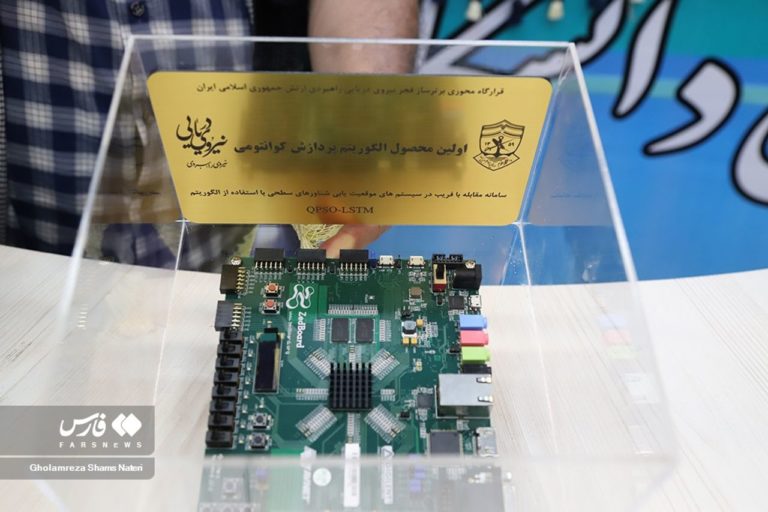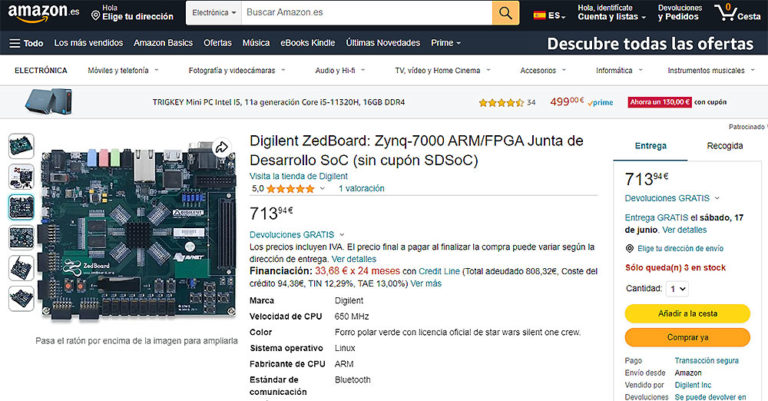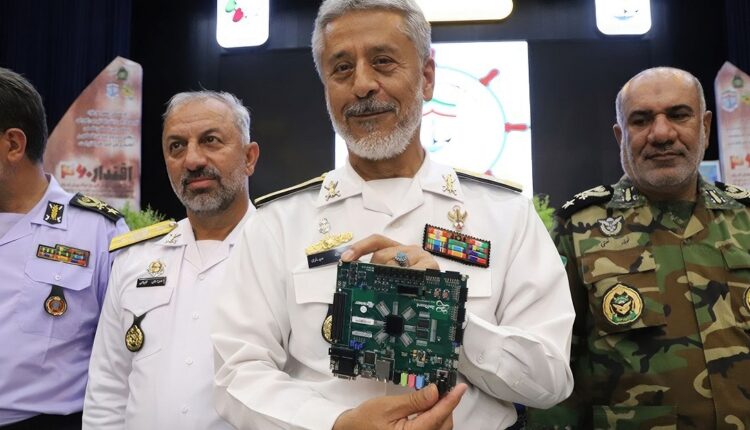©2021 Reporters Post24. All Rights Reserved.
Iranian Rear Admiral Habibollah Sayyari, deputy for coordination of the Iranian army and former navy commander, announced last week that Iran has made progress in the development of modern technologies. Technologies such as quantum computing will become part of the next generation of weapons that will be able to withstand the threats of tomorrow.
The speech, delivered at the Imam Khomeini Maritime University in Noshahr, was not only about what can and should be done, but also about what has already been achieved. One of these products is a system that will supposedly be able to“counteract navigational deception in detecting surface vessels using quantum algorithms,” as the description states.

But the board shown does not even look like something remotely resembling a modern quantum processor. In fact, even the naked eye can see that the board is labeled ZedBoard. It turns out that this product is actually developed and manufactured by the American company Diligent, and it can be found on sites like Amazon for $600/€700.

Of course, this is not a quantum processor, but a low-power ARM-based SoC with a dual-core Cortex A9 processor. This device has only 256 MB of internal memory and 512 MB of DDR3 RAM and a CPU frequency of 0.65 GHz – nothing that even remotely meets the requirements of modern quantum processors (QCUs). In fact, quantum processors do not use bits, but qubits, which use a non-binary state, as in modern computers.
This stunt by the Iranian army was met with ridicule in Persian social media, according to the Iranian news agency IranInt. Unfortunately, this is not the only embarrassment for the Iranian government in recent times. Last year, a university professor claimed that their Phyton-based software could predict the future. Unfortunately, it was unable to predict the outcome of the quantum processor disclosure.

